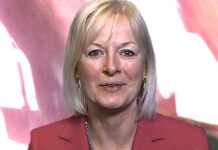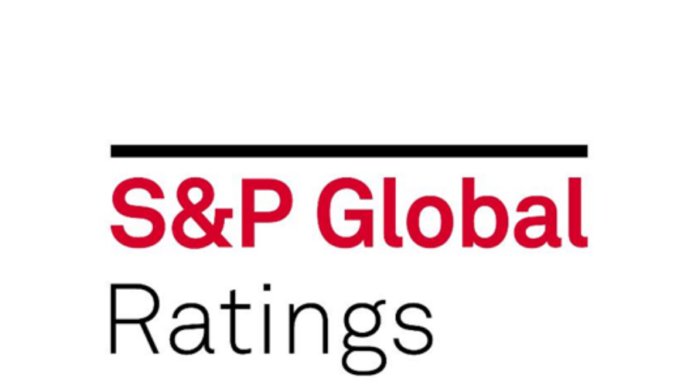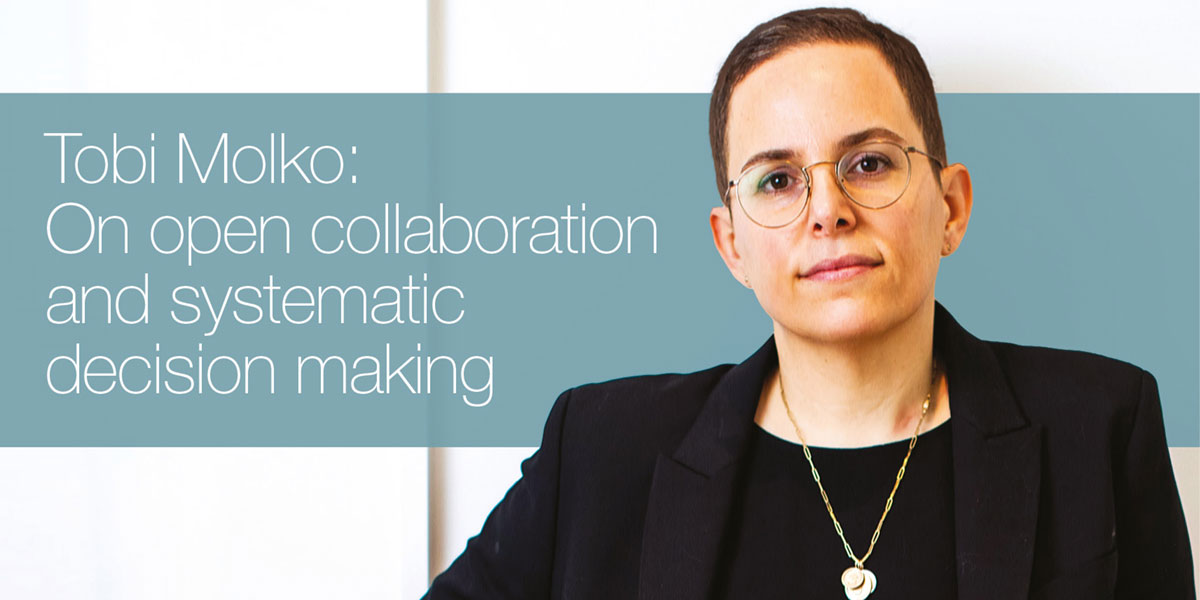 Talent acquisition, automation and the protection of trade data in the year ahead are key priorities for Tobi Molko, head of trading execution at Bridgewater Associates.
Talent acquisition, automation and the protection of trade data in the year ahead are key priorities for Tobi Molko, head of trading execution at Bridgewater Associates.
Which portfolios do you trade for?
I manage the trading execution team for Bridgewater and my team handles trading for the firm across all markets and regions. As global macro investors we invest in every major asset class in almost every country around the world.
Which instruments does that cover?
We trade all liquid instruments across assets globally. That includes products in foreign exchange, rates, credit, commodities and equities. Anywhere there is a liquid instrument, it’s likely that we are involved.
How do the investment strategies change the way you trade?
While each asset class has its own unique market structures and liquidity dynamics, our framework for how we think about trading decisions is very similar across assets and portfolios. In fact, our approach to trading is very similar to how we think about investing at Bridgewater overall.
We take a systematic approach which starts with an understanding of the external landscape, market structures, liquidity and then create strategies and logic that reflect our best thinking on how to implement trades. We then systemise that logic, so it can be applied consistently and repeatedly and can be reviewed in a transparent way and stress-tested through time. It’s our responsibility as a team to learn constantly, look for what we could be missing and perceive opportunities to evolve our thinking through time. It is this process of fundamental understanding, questioning and perceiving, investigating and then systemising that is consistent across Bridgewater.
What sort of communication tools and models do you use to ensure that there is a seamless link between portfolio management investment decision making and the trading?
Like most of our processes, our trade communication is very automated and efficient. We have straight-through-processes that run from research to portfolio construction to trade generation to execution and then to the back office. For collaboration, however, we really value personal interactions, regardless of the channels. We have all had to incorporate much more technology into our daily collaboration as a result of Covid and we have adjusted to this. At Bridgewater, having both meaningful work and meaningful relationships is an important part of our culture. This is why we have had to be very intentional through Covid to ensure we don’t lose that despite collaborating more remotely. We have done it pretty well all things considered, but I can tell you we all look forward to collaborating more in person soon.
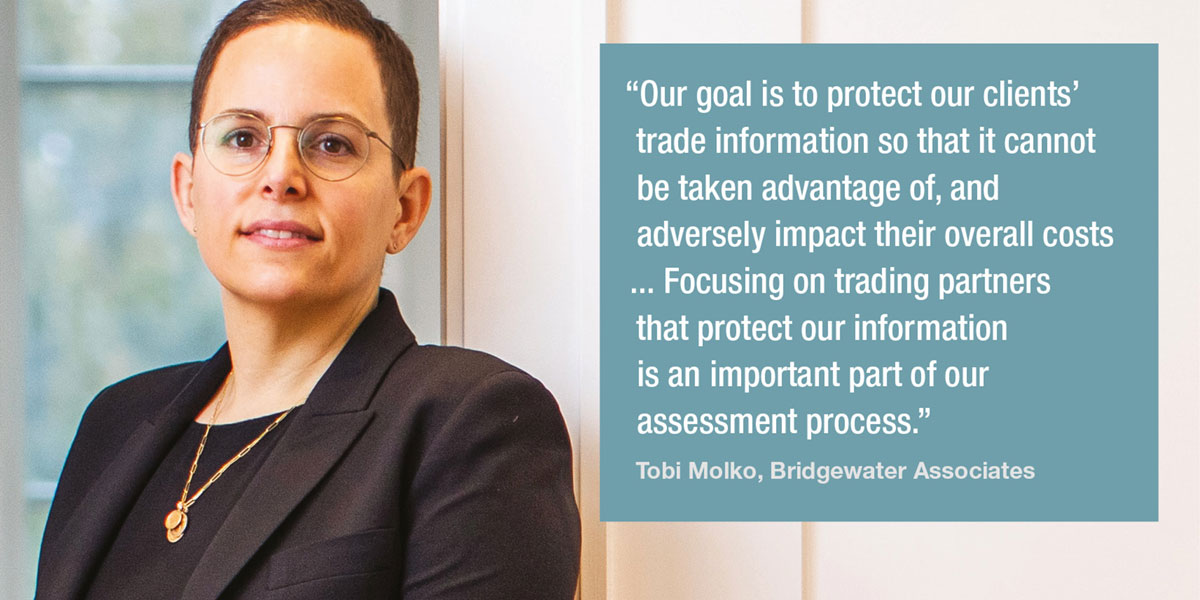
How do you characterise the make-up of your team?
We have a diverse team. We have people with varying seniorities and people with backgrounds of all kinds. We also have people working in different time zones – about half of our team works during Europe or Asia hours. We have many traders that have been here 15 to 20 years, we have graduates who are still in training and have people at all the levels of experience in-between. We also view our partners in analytics, technology and engineering as an extension of our team, as we can’t do what we do without them. Each year we bring in new talents, stretch existing talent in new ways and ensure people have room to grow and move through the organisation.
Are there any mentor and support programmes?
Once someone comes into trading full time, there is a pretty structured training programme and there are dedicated mentors and trainers for each individual. It is very important to us that people have a good development plan with plenty of support.
There are also broader mentorship programmes across Bridgewater – these programmes help people broaden their network across the firm and gain support from those more distant from their day to day interactions.
How do you approach best execution?
Our focus is to reduce transaction costs through time, so we look at a variety of metrics that help us achieve that goal and each market has unique characteristics that we look at.
We think very broadly about transaction costs with time of trade and overall impact costs as key components to that. We pay close attention to how our trades perform versus our expectations, and, as we learn from our oversight, we compound on that learning, which feeds into our research and the evolution of our strategies.
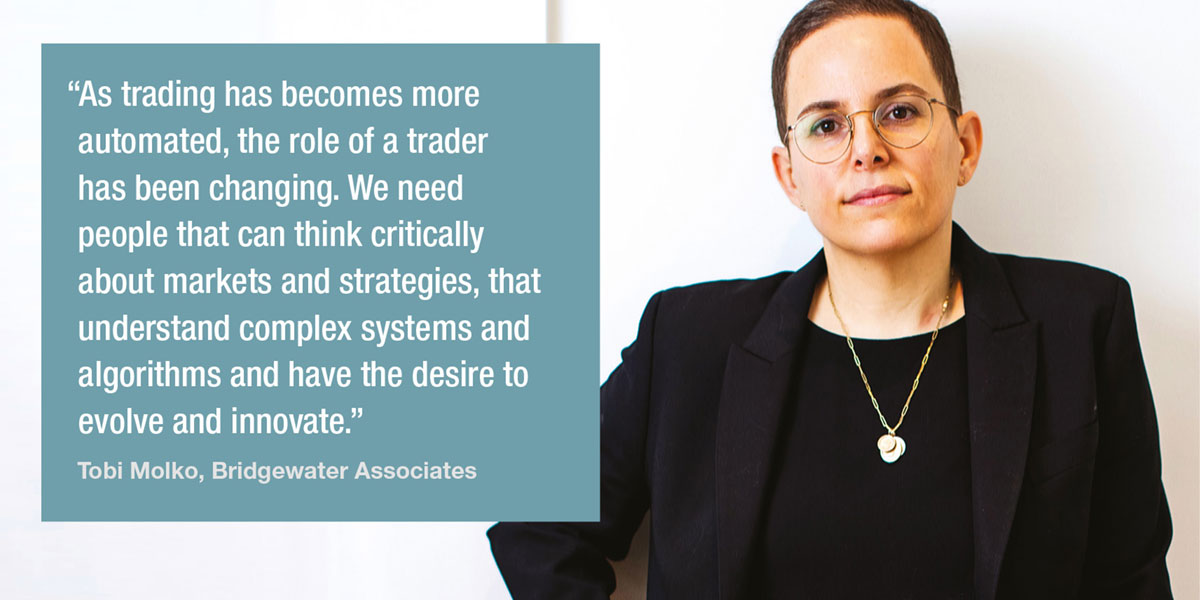
Which tools do you use to manage trading?
We are not married to one tool or another and we remain flexible. Currently, we use third party products for some of the more commoditised products and maintain our own proprietary systems for areas where products in the marketplace do not meet our needs. My team works closely with all of our counterparties and vendors to ensure that the tools they have are fit for our needs, and we stay informed of new tools and systems that could be additive for us. We also spend a lot of time building and evolving our own internal tools, and work closely with our tech partners to ensure our capabilities remain cutting edge.
How have you seen those skill sets changing over the last five years?
One of the unique things about Bridgewater is that we evaluate people based on values, abilities and skills in that order. First and foremost, we always look for people that share our values and can thrive in our unique culture. There are actually no specific skills that we require, but we generally look for people that are logical and analytical thinkers, that are practical and have good common sense and are determined. And, of course, given our focus on innovation, we want people that are curious. As trading has becomes more automated, the role of a trader has been changing. We need people that can think critically about markets and strategies, that understand complex systems and algorithms and have the desire to evolve and innovate.
How do you describe your approach to leadership?
I joined Bridgewater in 2019 as head of execution, so I am relatively new here. That was after a 20-plus-year career in equity derivatives at large banks. Before that I spent three years at the hedge fund, Long Term Capital Management (LTCM) during its collapse. So, I have weathered many storms and have learned a lot about myself through these experiences. I generally approach leadership with a lot of humility, a lot of flexibility and a lot of empathy. Those are the three things that stand out to me.
I think people would describe me as courageous – I think independently and I am willing to fight for what I believe and for my teams. This comes from a place of genuine care for my team and those that work for me. All of these things took on new meaning during Covid when I was faced with a lot of challenges; new challenges that I never would have thought I would face. So, while I had managed people for many years I have evolved more as a leader over the past two years than probably through all of my career combined. One of the things that appealed to me most about Bridgewater, and this filters into my leadership style, was the culture of innovation and commitment to radical truth and transparency. These things fit very well with my values and my approach to leadership.
Have any particular moments shaped your approach?
We all have experienced key moments like this. In addition to LTCM, I worked at Merrill Lynch at the turn of the financial crisis when Bank of America stepped in and bought the company. It is those key moments in your career when you are really tested, when new opportunities emerge and when you learn and grow the most. There is probably not a manager that would say that they haven’t been tested in new ways over the past few years and learned a lot about themselves as a leader.
How do you encourage the characteristics you want in your team?
The primary way is by giving regular and open feedback both positive and negative. It’s a key part of our culture and is one of the things that attracts people to Bridgewater and keeps them here. We expect people to speak up when things don’t make sense to them, raise issues and give feedback to those at all levels around them. We also encourage people by giving them more responsibility when they are ready for it – Bridgewater is a meritocracy in this way. We ensure each person has a clear career path and really try to stay in sync on that throughout their time here.
How do you represent trading within the wider firm and the wider industry?
I have had the opportunity in my two-plus years here to speak at the department and company meetings, at events hosted by our Women’s Influence Network and in various other forums about our trading team – our capabilities and about how we are evolving. It is important to me that all parts of Bridgewater have a good sense of the strength of our trading team, and what our capabilities are. In terms of the industry, our vendor and counterparty relationships are very important to us, and we could not do what we do without them. We work hard to maintain those relationships and that’s by regularly meeting and exchanging open and transparent feedback in order to help each other improve what we are doing. We also attend industry wide conferences and hope to do more of this as Covid improves.
Does your quantitative approach help in giving feedback to dealers in the broker review process?
Yes, we are very deliberate about how we approach our counterparty management, we think it’s very important and we do it in a thorough and structured way. Coming from the sell side, I have seen the varying degrees to which people do that. We do it well and we take it seriously. It is important that we share feedback with each other regularly and that our partners understand what our priorities are and that we understand theirs. This is how we find new opportunities to explore together.
What are your top three priorities over the coming year?
Recruiting great talent is a big priority for us, we have been hiring more graduates and expanding our internship program and focusing on diversity and inclusion.
Then I would say automation, which continues to be a priority for us. Bridgewater has been on the electronification journey for a very long time with the focus being on systematic decision-making and electronic execution. We are focused specifically on continuing that expansion in fixed income, where there are still tremendous opportunities for evolution. A lot has been done already with swap execution facilities (SEFs) and central clearing, but there is plenty more to do in terms of expanding central, anonymous and more automated execution in the space.
Third, we are also very focused on moving the industry towards better protection of trade information. We are excited to see the regulatory environment and industry in general beginning to align with what we have been focused on for a long time. Our goal is to protect our clients’ trade information so that it cannot be taken advantage of, and adversely impact their overall costs. Marketplaces have become much more complex with many sophisticated players seeking edge, and we need to be very thoughtful about how we participate in these markets, and who our trading partners are to ensure we are getting best execution for our clients. Focusing on trading partners that protect our information is an important part of our assessment process.
What have been the most challenging trading conditions over the past year and how has your team managed those?
Over the last two years we have all faced extreme volatility, especially early on in Covid, and it definitely tested our systems and strategies in new ways. We had to be flexible and we made many decisions along the way, but we had our framework and our principles for how we think about these decisions to guide us, and this really helped us navigate the challenging markets. We spend a lot of time preparing for these moments of stress and our systematic processes and our technology really helped us scale, and navigate all of it in valuable ways.
©Markets Media Europe 2022
©Markets Media Europe 2025



